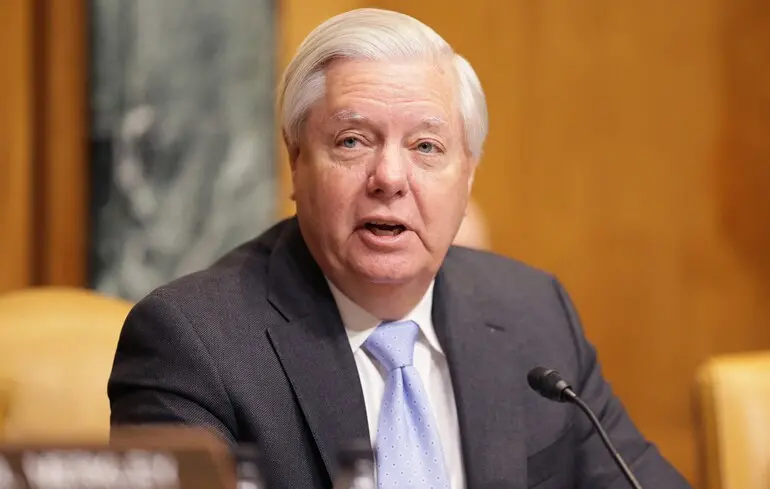A New Strategic Move in U.S. Politics: Tying Sanctions to Budget Legislation

The United States Congress is actively exploring ways to accelerate the passage of the anti-Russian sanctions legislation, a crucial step in curbing Russia’s influence on the global stage.
According to Politico, Republican leaders in both the House and Senate have devised a new tactic — linking the sanctions bill to the upcoming federal budget funding legislation.
This approach aims to ensure that both legislative acts are passed simultaneously, as delays could jeopardize the entire legislative process.
This decision was motivated by the desire to operate within urgent legislative deadlines, especially since the government faces a potential shutdown if the budget isn’t approved.Republican leaders believe that tying sanctions to funding will not only speed up legislative approval but also strengthen efforts to exert pressure on countries supportive or friendly toward Russia, particularly China and India.
Senators Lindsey Graham and Congressman Brian Fittspatrick support this idea, viewing it as a means to persuade Democrats to back the sanctions package.
They argue that a united, comprehensive approach increases the chances of successful enactment.Interestingly, this strategy was not developed in isolation — it received support from former President Donald Trump, who expressed doubts about his ability to influence Vladimir Putin’s regime.
Nevertheless, lawmakers are trying to convince Trump and his team of the importance of strict sanctions as vital tools to deter Russian aggression.Experts believe this approach will help overcome internal GOP disagreements and facilitate the enactment of the legislation even if some Democrats oppose it.
According to Politico, Senate Leader Joe Tunn has already responded positively to this idea, showing willingness to collaborate on this matter, although many details still need to be clarified.Graham and other policymakers also aim for broader international support, engaging with European leaders to push for more decisive actions against China and India, which are major buyers of Russian energy resources and have vested interests in maintaining stability.Overall, passing such legislation could be a significant step in the global effort to contain Russia and demonstrate unity among the U.S.
and its allies in combating Russian aggression.
However, despite widespread legislative backing, the process remains delicate, as every step could spark political debates and resistance—particularly from Democrats and high-level officials.

